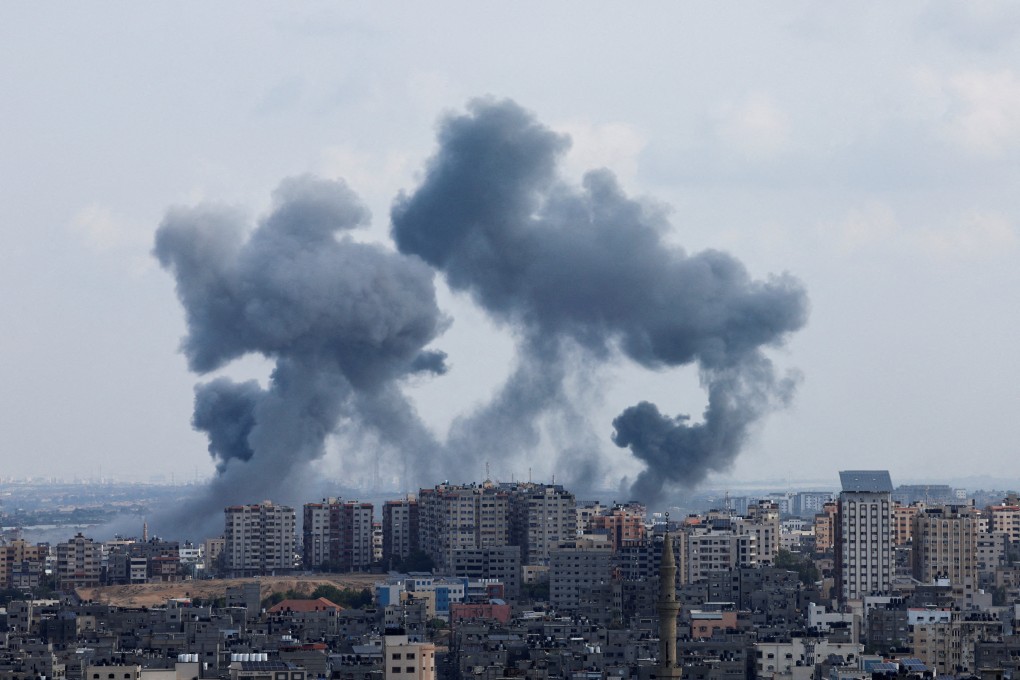Israel-Hamas war divides Southeast Asia as trade, religion determine responses
- Singapore ‘strongly’ condemned the attacks on Israel, while politicians in Malaysia and Indonesia came down firmly on the Palestinians’ side
- Experts say the war threatens to chip away at Asean’s increasingly thin veneer of unity as it also squabbles over a joint response to Myanmar’s coup

The outbreak of war between Israel and Hamas has caused divisions to reappear across Southeast Asia, where Muslim-majority countries historically align with the Palestinians, but trade interests – including buying weapons – have kept other nations on Israel’s side.
Among the dead are at least 18 Thais, according to authorities in Bangkok, who said they would evacuate as many of the estimated 30,000 Thai nationals working in Israel as wanted to leave. A Cambodian and an Indonesian medical volunteer have also died in the conflict, while Manila’s Department of Foreign Affairs said seven Filipinos were still missing.
On Monday, the seriousness of their predicament was underscored when Hamas threatened to start executing the people it had taken hostage if Israel continued to hit Gaza with air strikes.
